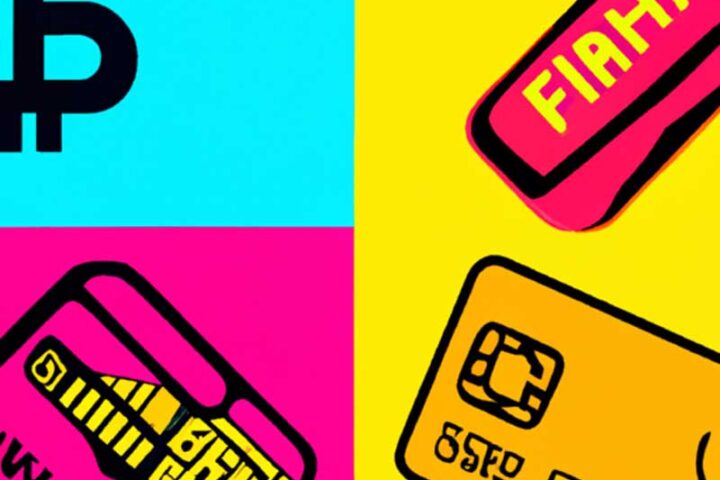TLDR:
Choosing the right bank can seem overwhelming with so many options available, but there are several key factors to consider. Different types of banks include traditional banks, online banks, credit unions, and community banks. Traditional banks offer nationwide branches and ATMs, while online banks often have lower fees and more competitive rates. Credit unions operate as not-for-profit institutions and offer higher rates on savings accounts. Factors to consider when choosing a bank include products and services, fees, interest rates, branch and ATM locations, digital features, and customer service. Mobile banking convenience is also an important consideration. It’s important to ensure that a bank is insured by the FDIC or NCUA for security. When switching banks, it’s important to open a new account before closing the old one and transfer any direct deposits or recurring payments. Important account history should be saved, and all outstanding payments and balances should be settled with the bank. ATM networks, mobile banking convenience, socially responsible banking, and bank reviews can also play a role in the decision-making process.
Understanding different types of banks
The first step in choosing a bank is selecting a type of bank. The major types of banks include traditional banks, online banks, credit unions, and community banks.
- Banks and credit unions offer similar account types, but the primary difference lies in how they approach profits. Banks are for-profit institutions owned by shareholders, while credit unions operate as not-for-profit institutions and distribute ownership among their members.
- Traditional banks offer nationwide branches and ATMs, while online banks have lower overhead costs and can offer more competitive rates and lower fees. Community banks provide personalized service to a smaller local population.
Factors to consider when choosing a bank
Several factors should be considered when choosing a bank:
- Products and services: Make sure the bank offers the right mix of accounts (checking, savings, money market, CDs) to meet your needs.
- Fees: Check for any fees associated with an account, such as maintenance fees, overdraft fees, and ATM fees.
- Interest rates: Shop around for competitive rates on CDs and savings accounts.
- Branch and ATM locations: Consider the convenience of branch and fee-free ATM locations in your area.
- Digital features: If online banking is important to you, ensure that the bank offers a range of digital tools, such as a smartphone app, push notifications, mobile wallets, and bill payments.
- Customer service reviews: Check online reviews to gauge customer satisfaction with a bank’s service.
Banking safety considerations
Regardless of whether you choose an online bank or a traditional bank, it’s important to ensure that your funds are secure:
- Check that the bank is insured by the FDIC or NCUA.
- Verify that online or mobile banking measures, such as two-factor authorization, are in place to prevent unauthorized access to your account.
Tips for switching banks
If you decide to switch banks, follow these tips:
- Open a new account before closing the old one.
- Save important account history and documents.
- Switch over any direct deposits or recurring payments to avoid fees or canceled services.
- Make sure all outstanding payments and balances are settled after closing the old account.
Frequently asked questions (FAQs)
Some common questions about choosing a bank include:
- How do ATM networks affect bank choice?
- Why is mobile banking convenience important?
- What is a socially responsible bank?
- Can bank reviews help in making a decision?
Note: The offers mentioned in the article are accurate at the time of publication, but they can change and may no longer be available.








